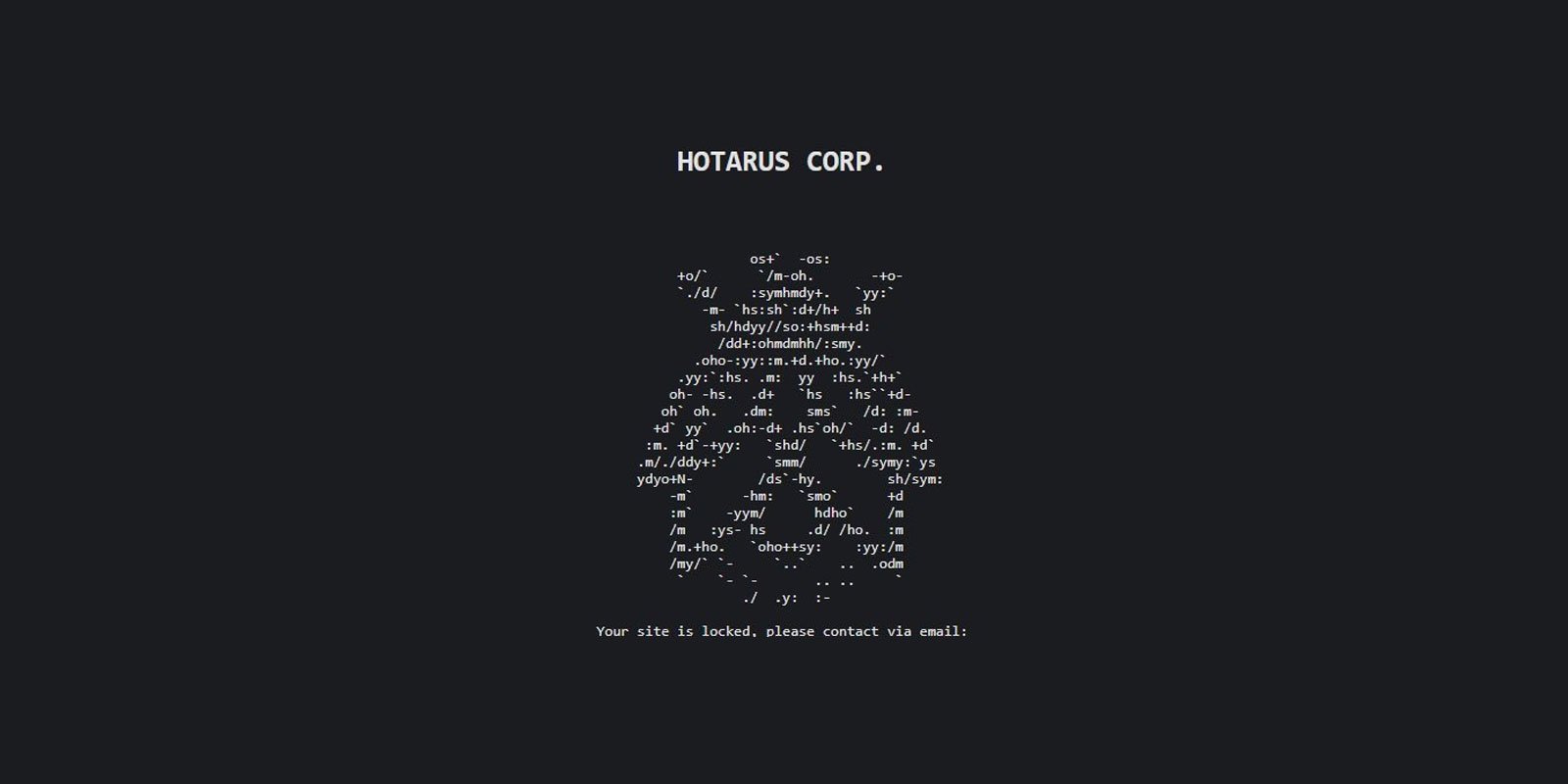Armorblox, a cybersecurity startup using natural language understanding to protect enterprise communications, today announced that it raised $30 million in series B venture capital funding.
Targeted entities include hospitals, medical companies, pharmaceutical manufacturers, and energy firms involved in the COVID-19 supply chain.
Malwarebytes spots a new threat group dubbed LazyScripter that targets the International Air Transport Association (IATA) members, airlines, and refugees to Canada.
Akamai finds a long-running cryptomining botnet campaign wherein hackers exploit BTC blockchain transactions to evade detection by the security systems in place.
Palo Alto Networks found a highly sophisticated malware potentially linked to the BlackTech hacking group. It has features and behavior that strongly resembles the WaterBear malware family.
On the website Clop Leaks, the threat actors behind the Clop ransomware are claiming to have in their possession an unspecified amount of information belonging to the Steris Corporation.
With browsers clamping down on third-party tracking, advertising technology companies are embracing a DNS technique to evade such defenses, thereby posing a threat to web security and privacy.
?A hacking group called ‘Hotarus Corp’ has hacked Ecuador’s Ministry of Finance and the country’s largest bank, Banco Pichincha, where they claim to have stolen internal data.
French multinational information technology services and consulting company Atos has completed the acquisition of two cybersecurity companies namely Motiv, a managed security services company, and Fidem, a digital identity and cloud security company.
The number of malware strains coded in the Go programming language has seen a sharp increase of around 2,000% over the last few years, since 2017, cybersecurity firm Intezer said in a report published this week.








